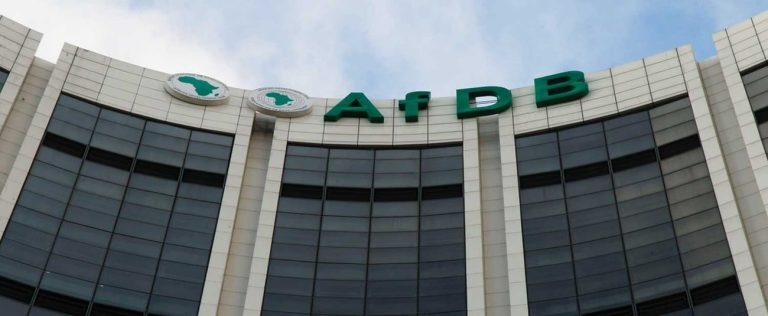African Development Bank (AfDB) has invested over $8 billion in water infrastructure across 40 African countries since 2000, benefiting more than 92 million people.
Director, Water Development and Sanitation Department, AfDB, Mr Johannes Chirwa, said this at the African Ministers’ Council on Water (AMCOW) West Africa sub-regional meeting in Abuja on Tuesday.
Chirwa was represented at the occasion by Emily Kilongi, AfDB Principal Water and Sanitation Engineer.
He said the meeting was an essential opportunity to review progress, overcome challenges, and develop future strategies for water management in Africa.
“Since 2000, the AfDB has invested over $8 billion in water infrastructure across 40 African countries, benefiting over 92 million people,” he said.
Chirwa revealed AfDB’s ongoing efforts in policy dialogue through platforms such as African Water Week and AfricaSan.
“Looking ahead, the Bank is actively involved in developing a post-2025 Africa Water Vision, contributing expertise to ensure a comprehensive and impactful strategy,” he said.
He reaffirmed the bank’s commitment to strengthening water governance through initiatives such as the Pan-African Water Sector Monitoring and Reporting System (WASSMO).
He also said the forthcoming Africa Water Vision and Policy, alongside the bank’s 2026-2030 Action Plan would play a key role in addressing emerging challenges.
Dr Jihane El Gaouzi, a representative of African Union Commission (AUC), said the impact of the Africa Water Vision 2025 in raising awareness of water and sanitation challenges was enormous.
“Africa still faces significant challenges in achieving equitable and sustainable water management.
“This is in spite progress from initiatives like the UN Water Conference 2023 and the Africa Water Investment Programme.
“The AUC is gathering stakeholder input for the post-2025 Africa Water Vision, focusing on poverty reduction, economic growth, regional cooperation, and environmental sustainability,” she said.
El Gaouzi outlined key upcoming events, to include the Africa Water Summit in August 2025 in South Africa and the UN Water Conference in 2026 to be co-hosted by the UAE and Senegal.
They aim to advance Africa’s water security agenda.
She said that water and sanitation have been designated as the AU’s official theme for 2026 under Agenda 2063.
She said: `The 5th Specialised Technical Committee and the 44th Executive Council of the AU urge the AUC to develop a climate-resilient, inclusive water security framework’.
El Gaouzi said Africa needed a continental governance framework to ensure sustainable and equitable water access and reaffirmed that access to water is a fundamental right.
She urged stronger collaboration among governments, the private sector, and regional organisations and reaffirmed AUC’s commitment to Africa’s post-2025 water vision through strategic planning and policy-driven investment.
Founded in 2002 AMCOW promotes cooperation, security, economic development, and poverty eradication through effective water resource management and supply services.
In 2008, at the 11th ordinary session of the African Union (AU) Assembly in Sharm el-Sheikh, Egypt, Heads of State and Government of the AU committed themselves to accelerating the achievement of water and sanitation goals in Africa.
AMCOW was mandated to develop and follow up an implementation strategy for these commitments. (NAN)









